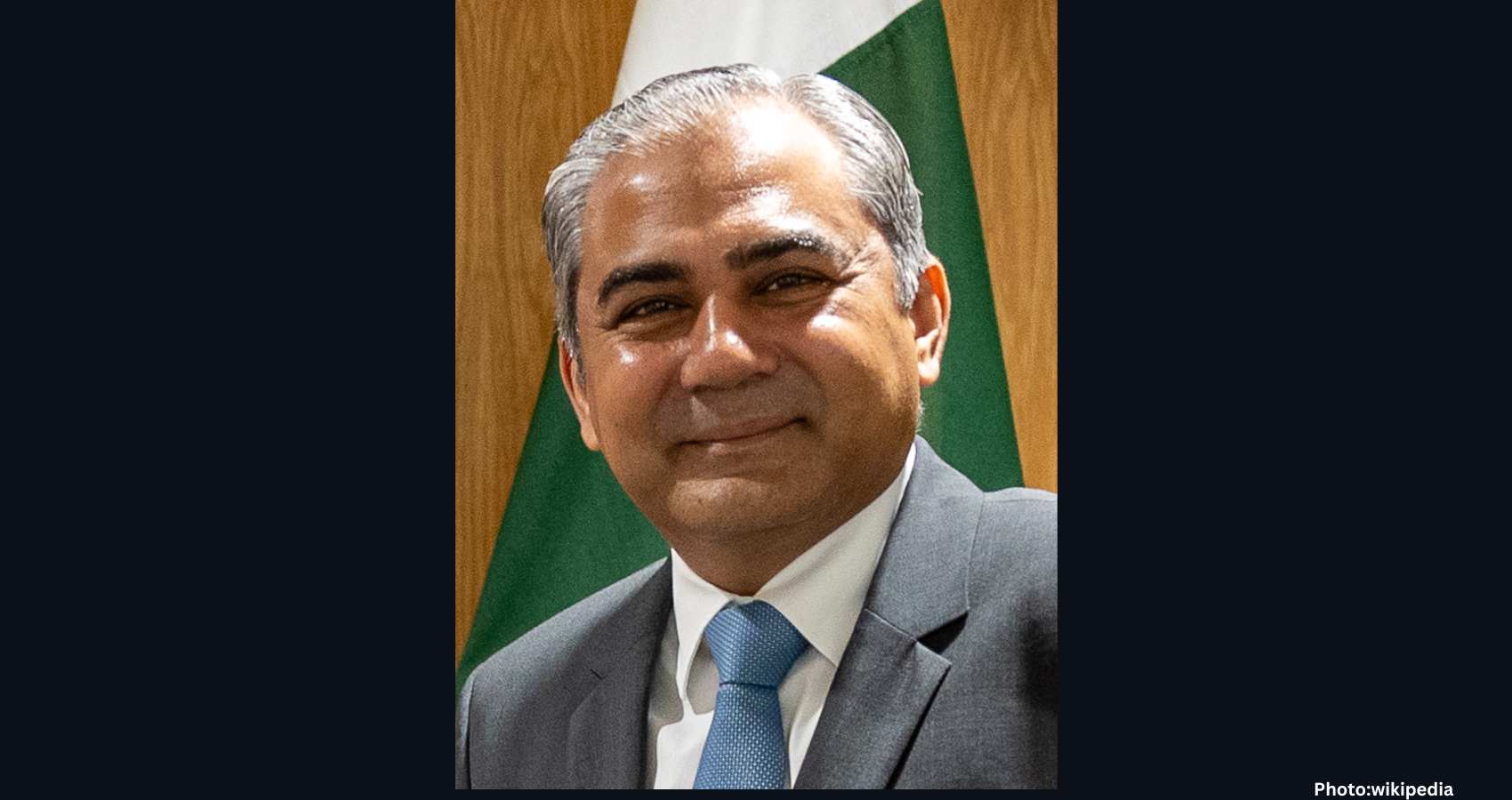The Asia Cup 2025 final has led to a dispute involving the trophy, prompting an investigation into Mohsin Naqvi by Dubai Police after India refused to accept the award.
Dubai, October 2, 2025 — The Asia Cup 2025 final, featuring a highly anticipated match between India and Pakistan, has ignited controversy beyond the cricket field. The tournament trophy has become the focal point of a dispute following India’s victory in the match.
After clinching the title, the Indian cricket team declined to accept the trophy from Mohsin Naqvi, the President of the Asian Cricket Council (ACC) and Chairman of the Pakistan Cricket Board (PCB). The team cited concerns regarding Naqvi’s political affiliations and the prevailing tensions between India and Pakistan as reasons for their refusal.
In the aftermath of the incident, reports emerged indicating that Naqvi took the trophy and medals with him, leading the Board of Control for Cricket in India (BCCI) to lodge a formal complaint with Dubai Police. The BCCI has issued a 72-hour ultimatum for the return of the trophy, warning that failure to comply could result in legal action, including the possibility of arrest.
Naqvi has publicly asserted that the trophy is still in his possession and that the Indian team is welcome to retrieve it from the ACC office. He has denied any allegations of wrongdoing and confirmed that no apology has been extended to the BCCI.
This incident has sparked a broader discussion surrounding sportsmanship, diplomacy, and the management of international sporting events. Cricket officials and authorities are currently exploring both legal and diplomatic avenues to address the situation.
The ongoing investigation by Dubai Police highlights the complexities that can arise in sports, particularly when intertwined with political issues. As the situation develops, stakeholders from both countries are keenly observing the outcome and its implications for future sporting events.
According to Global Net News, the resolution of this dispute could set a precedent for how similar incidents are handled in the future.
Source: Original article

